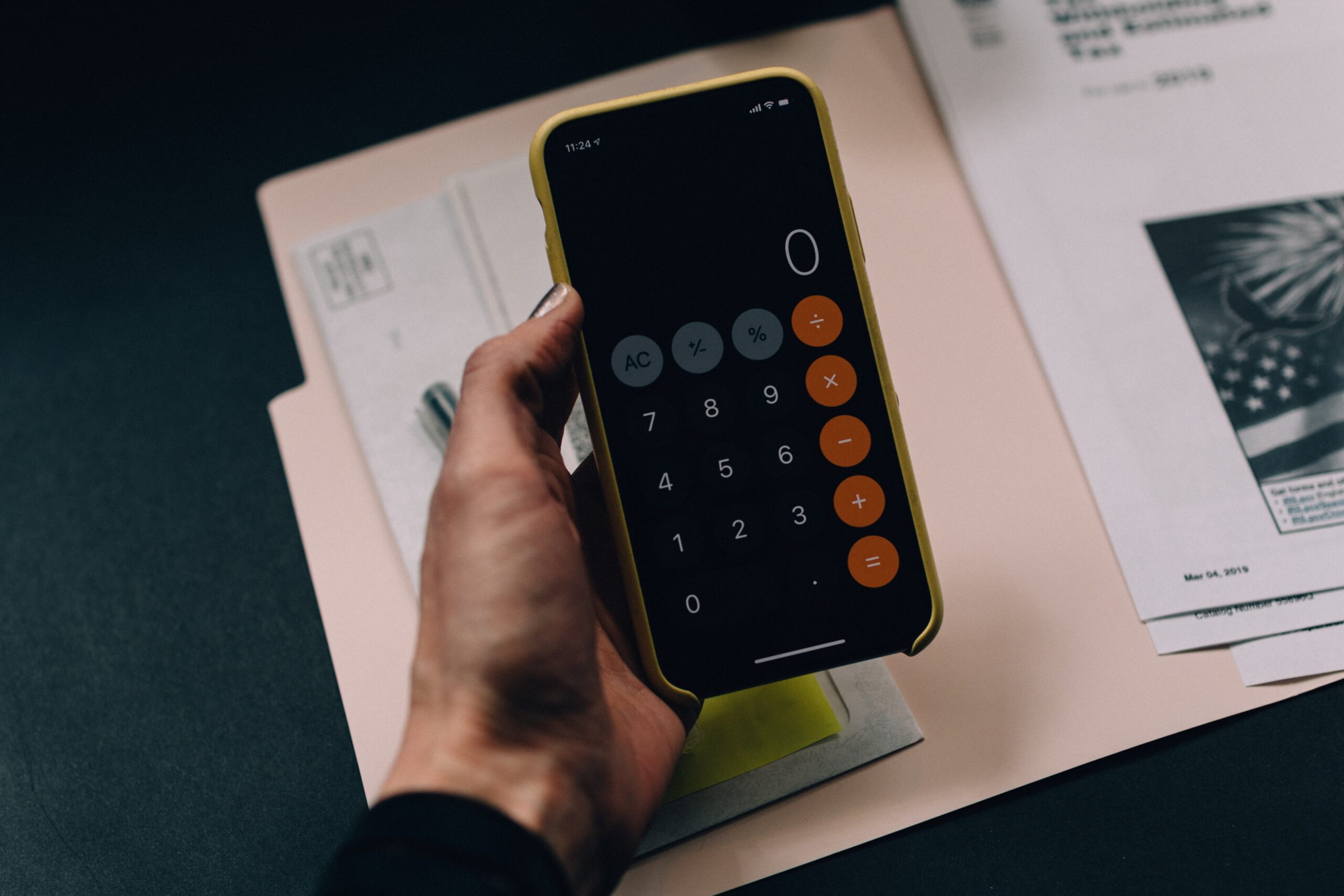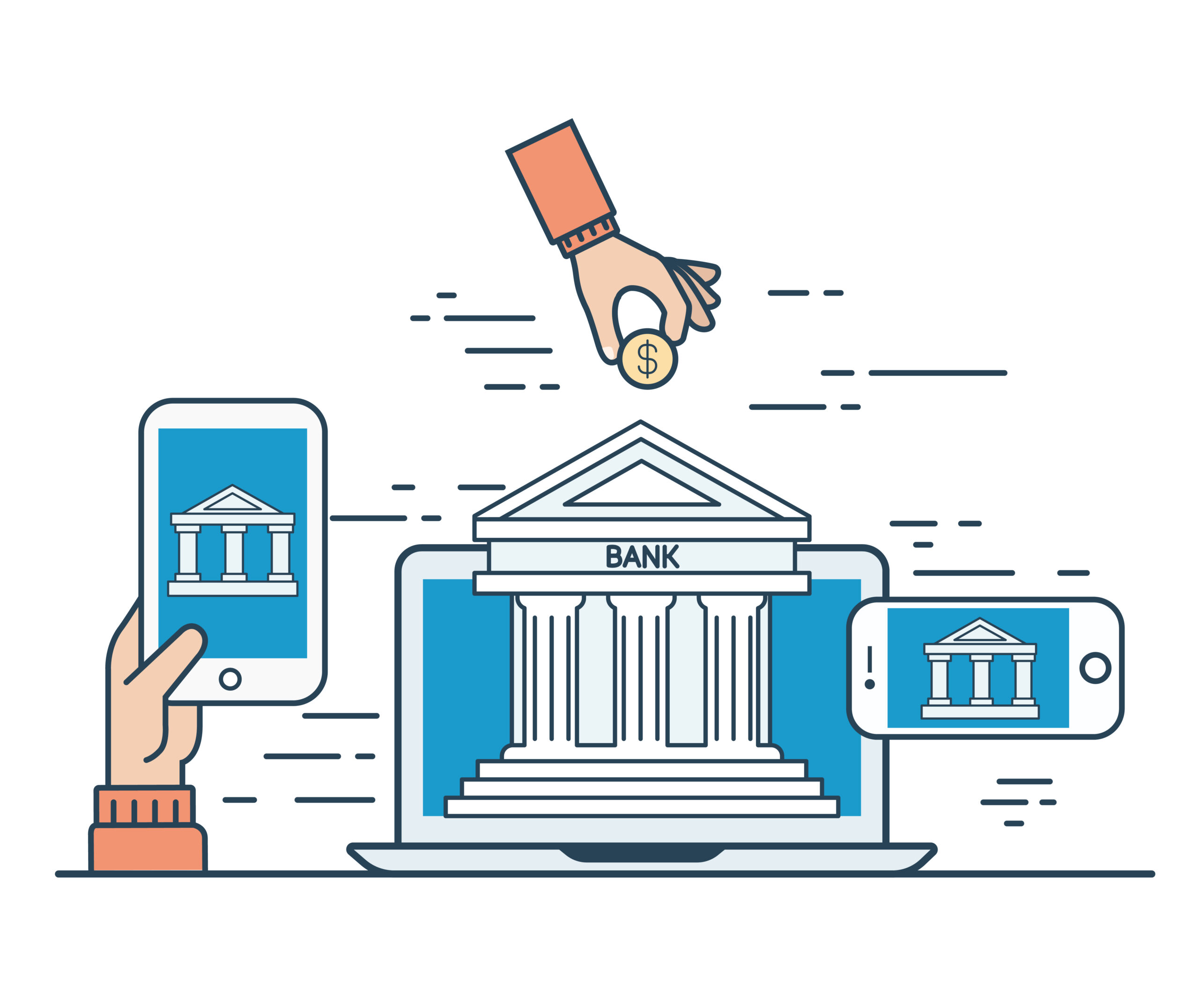A budget means an estimate of revenue and expenses for a specific future period. It is usually compiled and evaluated on a periodical basis. However, a personal budget or a home budget is a financial plan for a specific time that helps in allocating a person’s future income towards savings, expenses, and repayment of debts. While making a personal budget, past spending and obligations are given consideration.
There are many ways to create, use, and adjust a personal budget.
What a Budget Does?
If one wants to control their spending and work towards achieving their financial goals, they need a budget. A monthly budget is a sort of a written financial planning tool that enables people to plan how much they will spend or save every month. It also allows a person to keep track of their spending habits. A budget is often related to restricted spending. However, a budget should not be restrictive but has to be effective, and for that, people need to be honest while making a budget. A budget works only when people are honest about both the income and the expenses. People must be willing to share every information about their costs and spending habits in a detailed and accurate way.
When a new budget is drawn, it will guide an individual to where the money is coming from, where it goes, and how much remains.
How to Make a Budget in Six Simple Steps
For creating a workable budget that enables people to live a happy and comfortable life, they need to get control of their current spending habits, prioritize their expenses and how much they can afford to spend.
Here are a few steps which one can follow while making a budget of their own:
1. Gather Your Financial Paperwork – Collect all your financial statements that include bank statements, investment accounts, utility bills, credit card bills, mortgage or loan statements, and any other statements received during the last three months.
Must Read: Best 5 Best Times To Make Credit Card Payment Tips You Will Read This Year
2. Calculate Your Income – Now, this requires special attention. If a person has a regular source of income with auto-deduction of tax, they may use their net available income or take-home pay amount.
If a person is a self-employed person or has various other income sources, they should consider every available income and treat it as a monthly income.
If a person has a variable income source, they must consider their lowest-earning month as a base for constructing their budget.
3. Create a List of Monthly Expenses – One needs to list down all the costs that are expected during a month, including groceries, utilities, insurance, car payments, entertainment, personal care, mortgage payments or rent, eating out, transportation costs, childcare, travel, student loans, savings, and so on. Also, a person can use the bank statements, receipts, credit and debit card statements of the last three months for this purpose.
4. Determine Fixed and Variable Expenses – Fixed expenses are those compulsory expenses that require the same amount to be paid every time. These expenses include Internet services, trash pickup, mortgage or rent payments, car payments, and regular childcare.
Variable expenses are those expenses that keep on changing every month, such as groceries, utilities, gas charges, entertainment, eating out, gifts, etc. These also include ‘surprise expenses’ that may pop up during a month and may make your budget go haywire in case of no provision for ’emergency funds.’
The best thing one can do is to assign a spending value to every category beginning from the fixed expenses and estimating down to the amount spent on variable expenses. A review of the past two months’ bank statements and credit card statements may help a person create a rough estimate of such costs.
5. Total Your Monthly Income and Expenses – If the income is higher than the expenses, then it is a good start as there’s extra money that one can use towards making a provision for retirement savings or paying off debts in the budget.
But in case if the expenses are more than the income, it means one needs to check the overspending and make some changes in the financial planning.
6. Adjust Expenses – If the costs are higher than the income, try finding out the variable expenses where one can reduce them. One can reduce any additional spending in any of the categories and try to maintain a balance of income and expense for achieving a specific expenses or savings goal through the budget.
Must Know: Types of Individual and Group Health Insurance Plans In India
How to Use Your Budget?
Upon setting up the budget, one must keep in mind the following:
• Daily monitoring and tracking of expenses in every category
• Identify problematic spending patterns or unnecessary expenses throughout the month and record it.
• Adopt the envelope system where separate envelopes are prepared for different spending categories, and cash is divided accordingly. As soon as an envelope becomes empty, one has to stop spending in that particular category.
• Keeping track of the money that is spent, and once the spending limit exceeds in any category, then the individual needs to stop that type of spending or try to cover the additional expenses from any other category.
Remember that while using a budget, the goal of an individual is to keep the expenses either equal or lower than the monthly income.
Must Know: Digital Gold is the Next Big Thing – Top 5 Reasons to Invest in It





